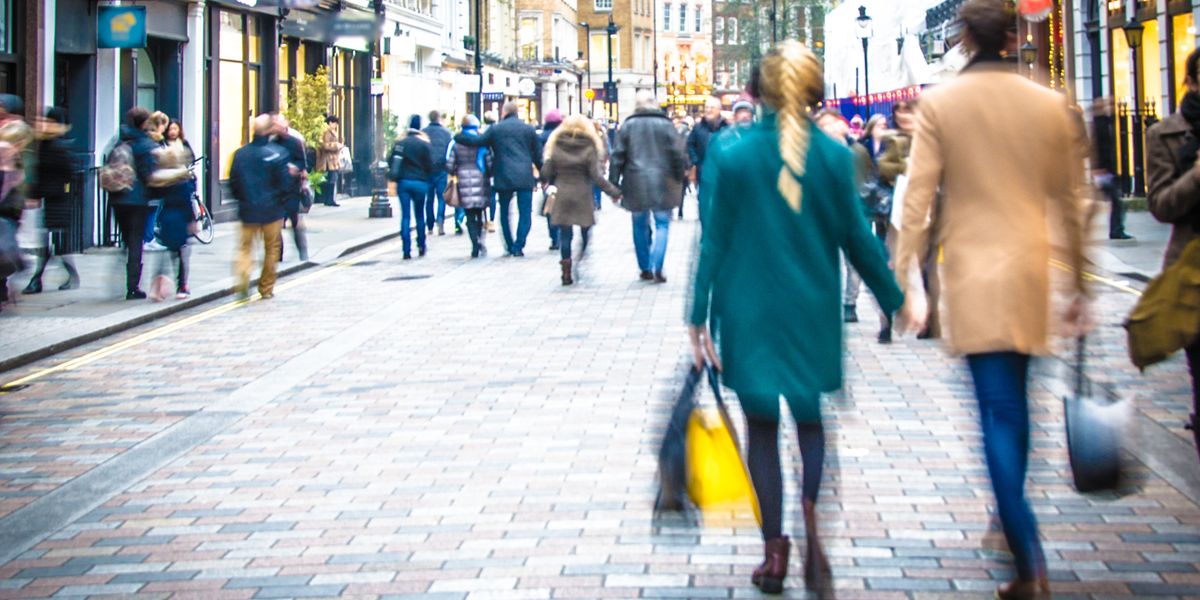It’s a sad fact that much of the cheapest food in supermarkets can often be the worst for our health. When it comes to food shopping, it’s probably fair to say that as a general rule of thumb, you get what you pay for but we provide some hints to help buck this trend a little.
Avoid the very cheapest food
Whilst this may come across as very strange advice for a page of this name a good start is to avoid some of the cheaper foods on offer such as white bread, ready meals, pizzas and cheap puddings. It’s also worthwhile to note that Diabetes UK advise against Diabetic Food labelling.
Often, the cheaper these options, the least healthy they are. Cheap ready meals, pizzas, puddings and even bread are very often over processed and contain poor nutrition such as added sugars, added fats and added salt to make them palatable.
Don’t go shopping on a hungry stomach
When you’re hungry you’ll be more likely to shop impulsively which could add extra pounds to your shopping bill. It can also mean making less than healthy food choices.
Know what you need – don’t overspend on food you may not eat
One of the best ways to waste money is to waste food. If you find yourself having to throw away fresh fruit and vegetables at the end of the week, either consider buying less of it at your next shopping trip or, perhaps the better option, engineer some extra time to cook and make full use of these foods.
Multi-buys can sometimes be a good option but not always. Consider whether you will realistically be able to use enough of the food to justify it going into your basket or trolley.
Visit the greengrocer, butcher and market seller
A little research may be needed first but the greengrocer, butcher and market can be a great source of potential savings. What’s more, the food is likelier to be fresher than at the supermarket.
Give it a try – note down how much half a set weight of food, such as 500g of beef mince or a medium sized cauliflower, is at your supermarket and compare with how much it costs at the market, greengrocer or butcher.
The price of vegetables tends to be higher compared with energy dense foods such as bread but don’t let that put you off. By investing extra in fresh vegetables, you’ll be investing in better health now and in the future.
Buy in bulk and store or freeze it as appropriate
If you spot an attractive saving, it can make sense to buy in bulk and freeze or store it for use later. Make sure you have enough storage space though in your freezer or larder to do this. Meat can be one of the most expensive items on your shopping list so if your freezer can cope, stock up if any multi-buy or special offer savings appear.
If you get through a lot of certain products, particularly if they’re specialist products, such as almond flour or 85% cocoa chocolate, you may want to see if you can buy in bulk cheaper online. Just make sure you’ve factored in any delivery costs.
Consider buying own brand
Sometimes a little bit of in store research can help to keep costs down as well as providing healthier choices. Check the nutrition and ingredients to see which foods may be best for your diet and don’t let the maker’s name influence you too much.
Avoiding foods with added sugars and a high level of salt will help to rule out foods bad for your health. If the ingredients list reads more like something from a chemistry lesson, leave it on the shelf. In this regard, sometimes you may find that own brand products are just as nutritional, and sometimes more so, than branded products.
Look beyond eye level goods
If you owned a supermarket and wanted to maximise profit, it would make a lot of sense to place the most profitable items in the most noticeable and easy to reach places. It shouldn’t be a surprise then to learn that this is what supermarkets actually do. A check of the harder to reach and see shelves could mean savings you wouldn’t usually notice.
Check the bargain shelf
The bargain shelves can be a good way to knock a bit of money off your bill However, there are a few things to bear in mind when going for this option.
If the food is close to its use by date, be sure you will eat or drink enough of the product to justify the saving. Beware also of being tempted into buying bad produce.
6 white rolls for 15p may sound like a great deal but refined carbohydrates are not a healthy choice for those of us with diabetes.
Cut down on alcohol
Thanks partly to the extra duty we all pay on alcohol, beer, wine and spirits can lead to the biggest holes in our wallet. Not only is cutting down a little on alcohol healthier for our liver, it’s a healthy choice for our outgoings.
Make use of your leftovers
They may not look so appetising after you’ve finished your meal but leftovers are attractive to your wallet. Unless we’re talking about leftover pizza, stick some cling film or baking paper over your leftovers and find a way to reuse them the following day.





